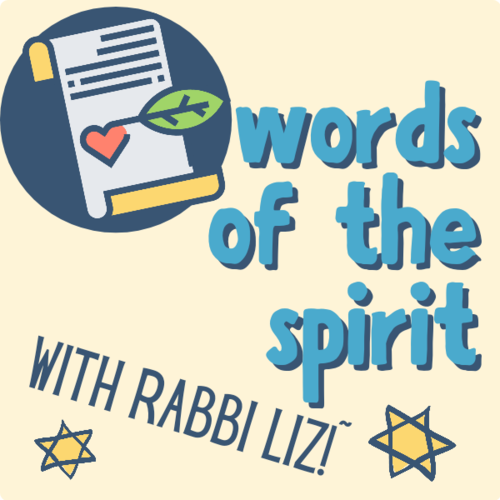Shelter for All
15/10/2019 09:12:23 PM
| Author | |
| Date Added | |
| Automatically create summary | |
| Summary |
As a young Jewish Canadian kid, Thanksgiving was, well, nonexistent. I vaguely knew that it was a Big Thing in the United States, mainly because we had relatives there. And because it often overlapped with Sukkot, which I only celebrated at school or shul, the fall harvest festival season didn’t really have an impact in our home.
Particularly after living in the US for 23 years, I learned that Jews there take Thanksgiving seriously. That first fall in Philadelphia, when a new friend invited us to their home for (their November) Thanksgiving Day meal, I thought it was so nice of them to put on Thanksgiving production just for us, for in my mind there was no other reason a Jewish family would observe it!
Arriving at their home, it took several minutes for the cognitive dissonance to fade, as I looked at the groaning table laden with all the “typical” dishes – roast turkey, sweet potato casserole topped with marshmallow, pies, pies, pies, and more – surrounded by twenty chairs, and realized that this was their “typical” observance!
During my years in Philadelphia and then Baltimore, we would connect with local friends to create Thanksgiving “kin” with whom to enjoy a festive gathering, but Sukkot was really our harvest festival. As the continuation of the long Tishrey festival season from Rosh Hashanah on, Sukkot offered a great antidote to the weightiness of the first half of the month. Out would come the box of decorations and lights, along with the stored lumber. Setting out the wood and the lattice boards invariably attracted our neighbours, who loved to participate in the setting up.
The mandate to build this hut might be based on an ancient sacred narrative, yet it’s highly relevant, in perpetuity, it seems. With its incomplete walls and a see-through roof, the experience of erecting and “dwelling” in a sukkah remind us of the fragility of shelter. And once sheltered in the sukkah, there is a mandate to welcome visitors, along with the ritual of spiritually inviting in and invoking Ushpizin, Aramaic for guests, traditionally beginning with Abraham.
This year, on the day erev Sukkot overlapped with the eve of Thanksgiving Monday, I was listening to the radio, and heard an interviewee elaborate on the myths vs. realities, and the barriers, for those seeking refuge and asylum in Canada. It struck me, as it has many times before, just how much the religion of my ancestors has directly influenced, motivated, informed and shaped what I strive to do for justice in the world. Not only is that inspiration often rooted in the themes of our key festivals, it has what to say to the global zeitgeist.
Three years ago, about to sit down to the Passover seder, I learned that the queer couple living a world away – the first newcomers to be welcomed to Canada by a group named Rainbow Haven, launched by OrH member Patti Lenard – had received their travel documents. With every bite of matzah, I was connecting to the notion of tasting freedom, real freedom, soon to become a reality for two souls. Redemption, ge’ulah, was not just a word in the hagaddah and our prayers, but something happening in real life, in real time.
Listening to the interview on Sunday, I immediately thought about two more souls awaiting the final details on their travel documents, the fourth sponsorship and the second couple our group eagerly anticipates welcoming in the weeks ahead (kenahora), on the heels of this sheltering festival.
We redeem, we shelter, we carve out time in our lives, or, more accurately, integrate into our lives, this sense of commitment and obligation to shelter, to redeem. As a congregation, hard-working members including Patti, the Mendeloff-Weibust and Stein-Lyon households have, through the inter-congregation Shalom Group, also brought to life the work of redemption and shelter as the sponsors of the Al-Sahar family.
The “High” holidays may be over for the year, but the holiday cycle will continue to invite, and invoke, themes that can be connected to our lives, and the lives of our neighbours. They can all hold relevance and meaning. Ufros aleynu – ve’al kol yoshvey tevel - sukkat shelomekha. Spread over us – and all who dwell on earth - a shelter of peace.
A joyous Sukkot to all.
– Rabbi Liz
Mon, 30 June 2025
Special Messages from the Rabbi
Privacy Settings | Privacy Policy | Member Terms
©2025 All rights reserved. Find out more about ShulCloud







